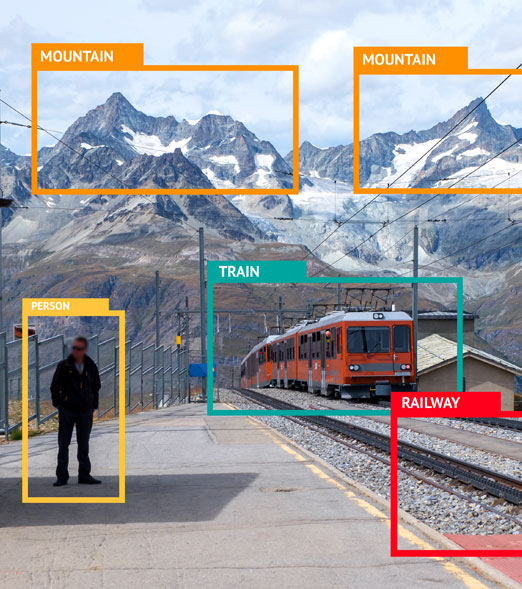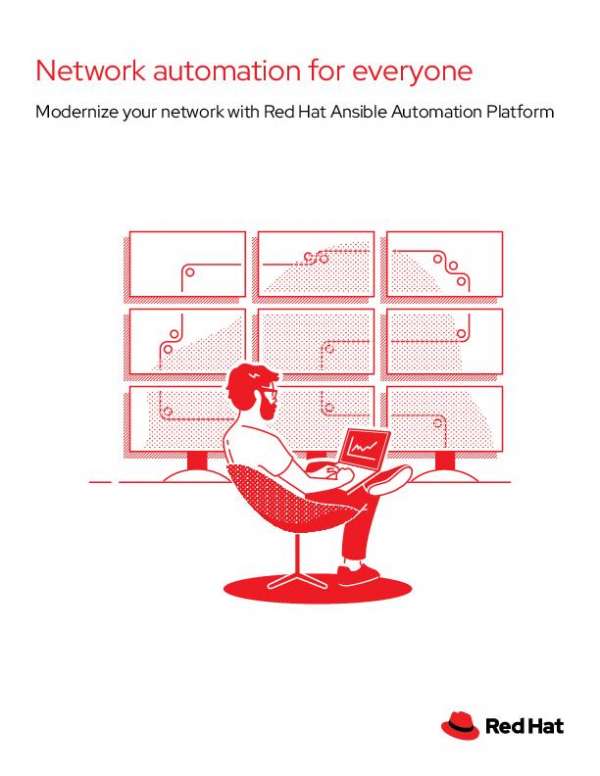ARTIFICIAL INTELLIGENCE
Decision Making Confidence with AI
Augmenting workforce productivity with artificial intelligence
AI capabilities deliver more intelligent, automated solutions that help you boost productivity and unlock new possibilities. From machine learning, to data visualization, to IoT, to forecasting and optimization, our AI technologies support diverse environments and scale to meet changing business needs.
Digital Assistants
Al as a technology has a lot to offer, including AI-driven or powered digital assistants. Natural Language Processing is one of the sophisticated AI elements of digital assistants, with search functions being delegated to external engines. Through our software agent, digital assistants can perform tasks or services that an individual or employee would otherwise be handling. A digital agent is capable of accessing reports from anywhere, allowing you to perform your critical duties while the digital assistant runs silently in the background. This type of artificial intelligence also has the machine learning aspect to it. Common methods of interaction include:
- Text or online chat, such as instant message or other apps
- Voice automated, such as interactive voice response
- By taking and/or uploading images

Text Analytics
Text analytics count, group and categorize words to extract structure and meaning from large volumes of content. Text analytics is used to explore textual content and derive new variables from raw text that may be visualized, filtered, or used as inputs to predictive models or other statistical methods. Text analytics are used for many applications, including:
- Investigative discovery - Identifying patterns and clues in emails or written reports.
- Subject-matter expertise - Classifying content into meaningful topics so you can take action and discover trends
- Social media analytics - Tracking awareness and sentiment about specific topics and identify key influencers.

Computer Vision
Computer vision is a field of artificial intelligence that trains computers to interpret and understand the visual world. Using digital images from cameras and videos and deep learning models, machines can accurately identify and classify objects — and then react to what they “see.” Computer vision is used across industries to enhance the consumer experience, reduce costs and increase security. Computer vision rivals and surpasses human visual abilities in many areas, such as detecting defects, image analysis, and more. Benefits include the following:
- Simpler and faster processes - Check products faster, as protracted visual checks are replaced by fast computers.
- Reliability - Assist in detecting problems that may need repair before they become an issue.
- Accuracy - Final products will be flawless, thanks to computer imaging.
- Wide range of use - Ranging from manufacturing and retail to the medical industry.
- Reduction of costs - Saves time of people as well as machines and eliminate faulty products.

